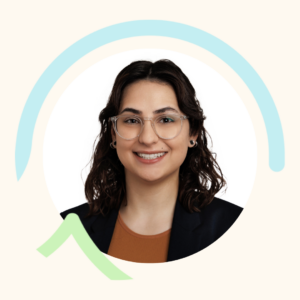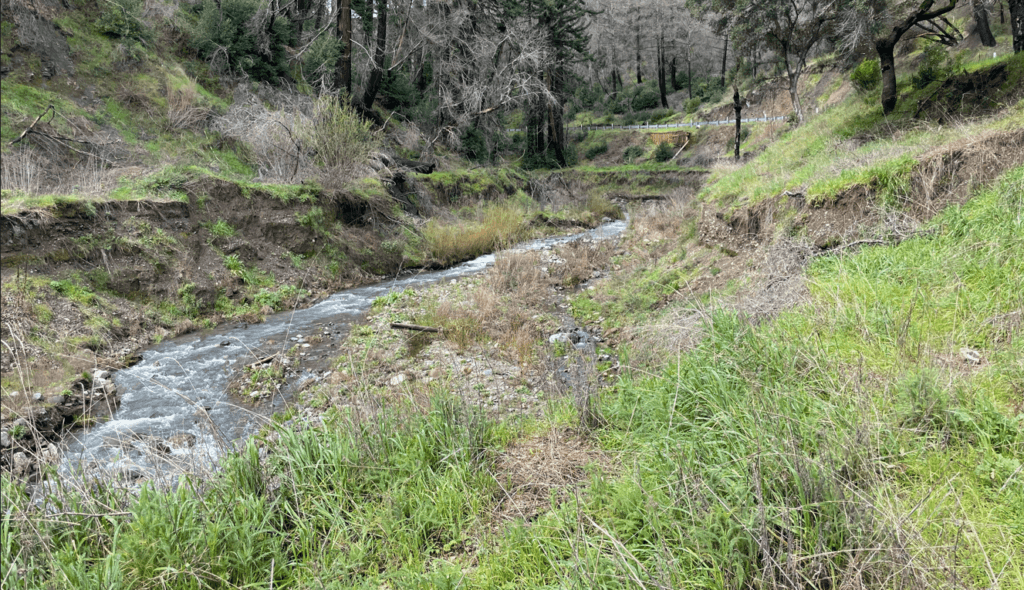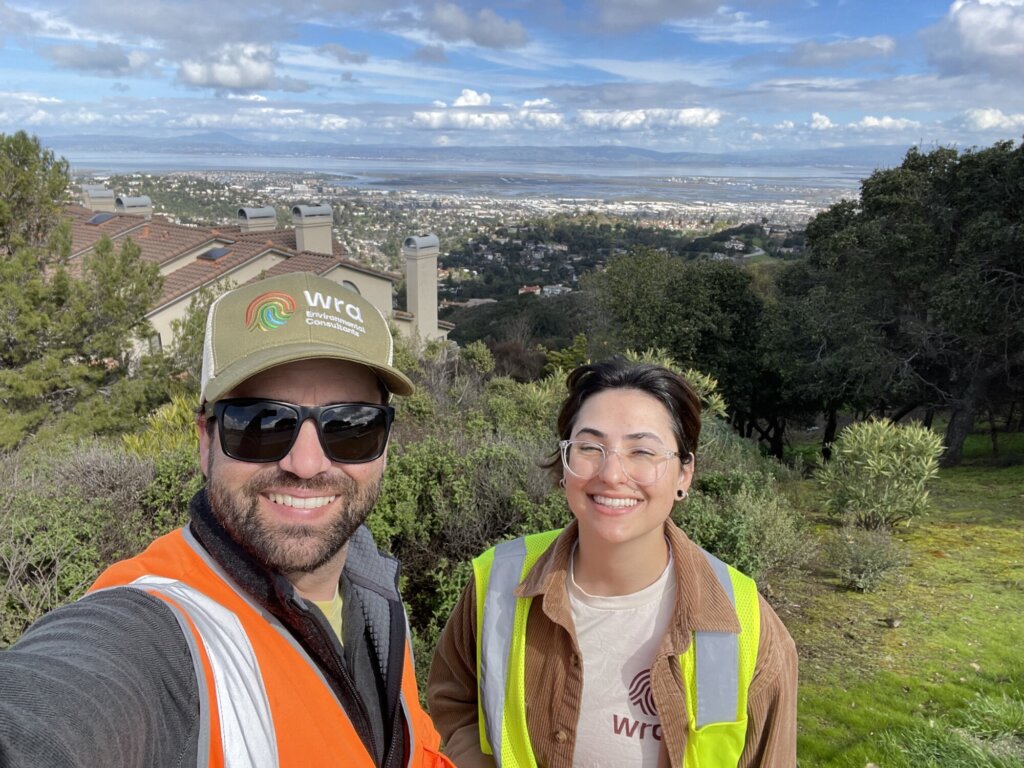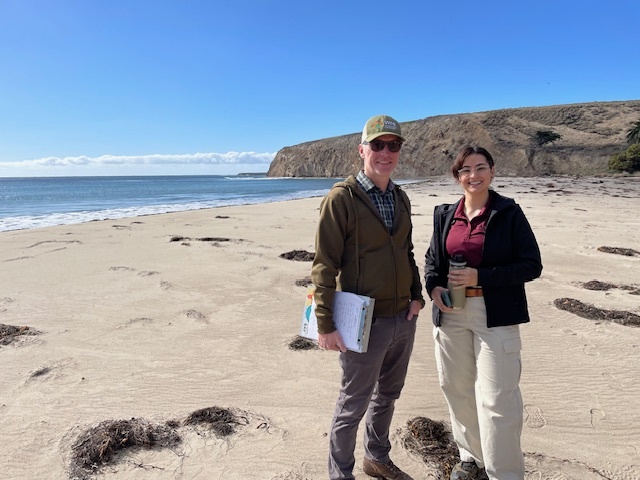WRA Staff Spotlight: Angela Hogan, PE, WRA Restoration Engineer for International Women in Engineering Day
June 23 is International Women in Engineering Day (INWED) promoting women engineers worldwide. This year’s theme is #Enhancedbyengineering.

To help celebrate this occasion, we are spotlighting one of our talented restoration engineers, Angela Hogan, PE, who brings expertise in hydrology and hydraulics, water management, river engineering, and ecosystem restoration. Angela earned a Bachelor’s in both Civil and Environmental Engineering from Florida International University, and is a candidate for a Master of Engineering degree at Colorado State University.
What are you passionate about and how does that impact your role at WRA?
Angela: I am passionate about having a positive impact on communities and our natural environment. As a Restoration Engineer at WRA, I have opportunities that allow me to pursue this passion through my work. This passion is the driving force that keeps me eager to expand my knowledge and apply new skills to my projects.
What is a significant step you took to build your career?
Angela: A significant step I took towards building my career was moving from Florida to California. This move opened up a world of possibilities for me. As a native of Florida, beginning my career in Miami, I started as a drainage engineer at a small consulting firm. I learned a lot about drainage design, but after a few years at that firm, I began feeling unfulfilled in my career. I wanted to expand my technical skills and learn more about larger watershed analysis in other areas of the country. I decided to take a position as a Hydraulic Engineer with the Army Corps in Los Angeles. To me, this was a significant step in my career because I was exposed to new hydraulic modeling software, watershed analysis, flood risk management, and completely different geographical features than what I had grown up around. While at the Corps, I gained more interest in river and ecological restoration but found little opportunities to work on these projects in the position I held. I had no specific restoration experience but had technical skills that could be applied to restoration projects. This pushed me to apply for graduate school at Colorado State University to gain more knowledge in the intersection of water resources engineering and ecological restoration. Not long after beginning grad school, I discovered an open position at WRA and it felt like a dream come true. Looking back at the various steps I have taken in my career, from first deciding to study civil & environmental engineering in undergrad, to now working on ecological restoration projects at WRA, I am ecstatic to see my career progress into this!
What has been the most exciting or rewarding moment in your career?
What advice would you give to women who want to begin a career in this industry?
Angela: I am grateful to have had many other women in my undergraduate program who helped me progress in this industry, most of whom are still close friends. This community provided a sense of inclusion, belonging, and support for our professional development. To this day, we still share our individual experiences, and the challenges we face, and support one another as we grow in our careers. I would advise aspiring women engineers to seek out peers in their undergraduate programs to establish this community. It is distressing that women in STEM face unique challenges that men often do not have to experience, such as discrimination, harassment, gender stereotypes, and even pay gaps. By joining diverse and inclusive communities that uplift women in STEM, women can have a better understanding of the distinct challenges they may face in their professions, how to address and overcome them, and how to gain self-assurance to continue to grow in their professions while combating gender bias.
Thank you Angela for sharing your story and helping to advocate and inspire the next generation of female engineers!






